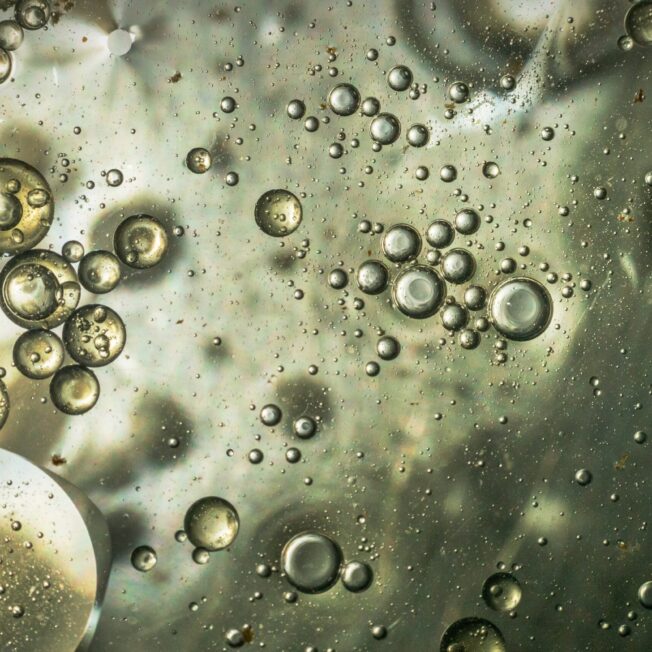In our day-to-day experience, we can come into contact with a wide variety of volatile organic compounds. These chemical substances range from aerosol products to fossil fuels and solvents that are used in inks and paints. Among the group of chemicals is butane, a group of liquefied petroleum gases.
What is butane and other volatile organic compounds?
Volatile organic compounds (VOCs) are compounds that have high vapor pressure and low water solubility. Many of these compounds are human-made chemicals used to help produce paints, pharmaceuticals, and refrigerants, which is a compound that helps transform liquid to gas and back again. VOCs are gases that are emitted from products or processes into the air. Some VOCs can cause cancer, while others can react with other gases and thus create other air pollutants.
Butane is a colorless, odorless, easily liquified, and highly flammable gas. This gas is most commonly used as fuel for both cigarette lighters and portable stoves, a heating fuel, a refrigerant, and in order to manufacture a wide variety of products. Butane is also a hydrocarbon which includes other chemicals such as benzene, hexamine, lacolene, naphtha, and propane. It’s a commonly used propellant in both household and industrial aerosols and is found in many aerosol products.
What is inhalant abuse?
Inhalants, including butane, are chemicals found in common household and workplace products that produce chemical vapors. These vapors can then be inhaled by an individual, which causes mind-altering effects and a quick high. Inhalants can be categorized into four categories: aerosols, gases, nitrites, and volatile solvents. Aerosols include hair spray, spray paints, and more, while gases and volatile solvents include felt tip markers, glues, gasoline, paint thinners, and more.
What are the dangers of butane and other inhalants?
Of the VOCs, butane is among one of the most harmful of those substances to inhale. Butane can cause sudden sniffing death, which happens as a result of cardiac arrhythmia or cardiac arrest if the individual does heavy exercise or is stressed after using. This occurs because butane sensitizes the heart to the effects of adrenaline, which enables alarm or exercise to cause cardiac arrest.
Many deaths related to volatile substances, including butane, are associated with aerosols or gas fuels as a cause of sudden sniffing death. If the chemical is sprayed directly into the mouth, it can cause the larynx to spasm and block off the air supply to the lungs. Individuals can also be harmed by butane due to accidents and injuries due to a serious risk of burn from a fire or explosion because of butane’s high flammability.
Conditions like lighter fluid poisoning can occur if the substance, which contains hydrocarbons, including butane, is swallowed. Symptoms of lighter fluid poisoning can affect the full body, including the eyes, ears, nose, throat, kidneys and bladder, stomach and intestines, heart and blood, lung and airways, nervous system, as well as skin.
Individuals may experience loss of vision, pain in the throat, pain or burning in the ears, eyes, lips, nose, and tongue as well as abdominal pain, blood in the stool, burns on the esophagus, and vomiting. They may also experience rapidly developed low blood pressure, difficulty breathing, cough and chest pain, dizziness, hallucinations, headaches, tremors, twitching, seizures, and more.
How to prevent butane exposure
Some studies have found that levels of volatile organic compounds, which include butane, are 2 to 5 times higher indoors than outdoors. In order to reduce potential exposure to these chemicals, there are several steps we can follow in our homes, including increasing ventilation if we are using products that emit these chemicals, not storing opened containers of paint in the home, using household products based on directions from the manufacturer, allow for fresh air when using these chemicals, and do not mix household products unless stated on the label.

















